Yiwu, a Dai language toponym meaning “the land where beautiful snakes dwell,” is a town located in the northern part of Mengla County, Xishuangbanna Dai Autonomous Prefecture, Yunnan Province. During the Tang Dynasty, it was under the jurisdiction of the Nanzhao Yinesis Commandery, and during the Yuan Dynasty, it fell under the Cheli Military-Civilian Public Comfort Commission. In the fourth year of Longqing (1570) of the Ming Dynasty, when the Cheli Public Comfort Commission divided its territory into twelve regions, Yiwu, together with Yibang and Zhengdong, formed one region known as the Zhengdong Region. In the seventh year of Yongzheng (1729) of the Qing Dynasty, General Governor Eertai implemented reforms to change local governance in Xishuangbanna, placing the six regions east of the Lancang River, which were under the jurisdiction of the Cheli Public Comfort Commission, under the jurisdiction of Puer Prefecture. Yiwu also came under the jurisdiction of Puer Prefecture at this time. Starting in the early years of the Qianlong era, the Yiwu Tea mountain became a designated location for the procurement of tribute tea for Puer Prefecture. In 1927 (sixteenth year of the Republic of China), Yiwu became the seat of Zhenyue County (today's Mengla County).
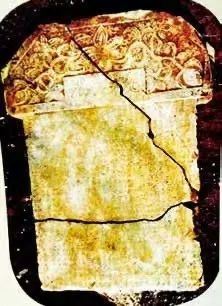
Land Certificate from the Qing Dynasty Tea Mountain
Yiwu Mountain is high and often shrouded in mist, with fertile soil, a warm climate, abundant rainfall, rich heat, ample precipitation, and a good ecological environment, all of which are highly conducive to the natural growth of tea trees. It is an ideal place for the growth of large-leafed Pu'er tea. When it comes to Pu'er tea, Yiwu represents an unassailable chapter in history. Although not included in the ancient “Six Great Tea Mountains” in classical literature, its significant role in the development of Pu'er tea cannot be overlooked. During the Daoguang period of the Qing Dynasty, as the Yibang and Mangzhi tea mountains gradually declined, Yiwu tea mountain rapidly rose to prominence, becoming the gathering place, production site, and origin of the ancient Tea Horse Road for the teas produced by the Six Great Tea Mountains, thus ushering in the Yiwu era of Pu'er tea. Therefore, in a sense, Yiwu also marks a turning point in the history of Pu'er tea.
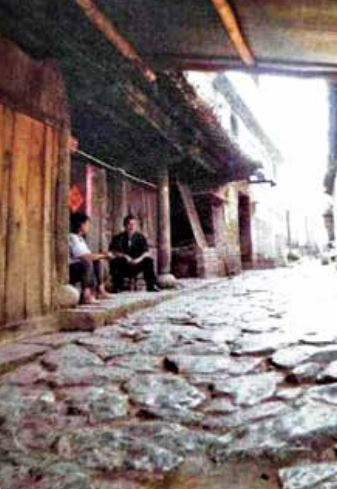
Remains of the Ancient Tea Horse Road of Yiwu
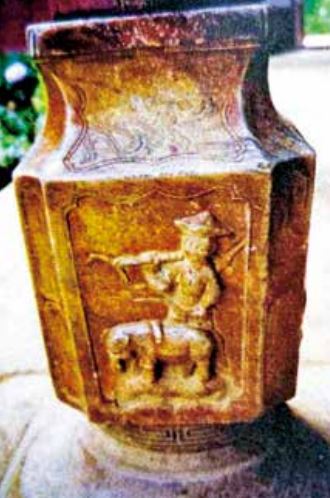
Relief Sculpture of Yiwu Tea Mountain
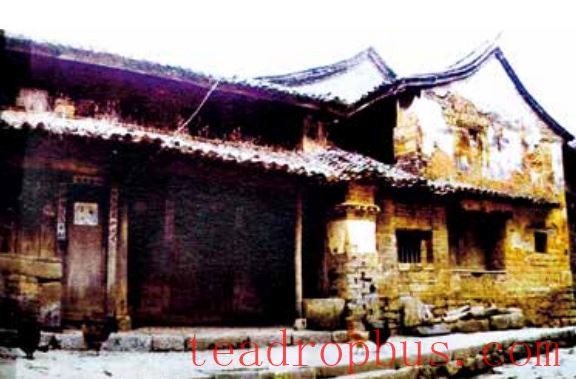
Old Site of the Yiwu Cheshun Tea Shop
Yiwu is a famous ancient tea area in Yunnan with a long history of tea cultivation, processing, and trade. During the Yongzheng period of the Qing Dynasty, the “Pu'er tea” from the Six Great Tea Mountains was listed as a tribute item to the imperial court, and the tea harvested before the Qingming Festival each year had to complete its tribute duty before being allowed to enter the market. The “Cheshun Tea Shop” in Yiwu was also rewarded by Emperor Qianlong of the Qing Dynasty for its meritorious contribution to the tribute, receiving a plaque inscribed with “Rui Gong Tian Chao.” During the Jiaqing and Daoguang periods, the annual output of dried tea here reached over 70,000 dan, especially during the Qianlong period, when many people from Shilin migrated to Yiwu to cultivate tea, further promoting the cultivation of Yiwu tea, making Yiwu a famous tea mountain. At that time, Yiwu was covered with tea trees on every mountain and in every village. Various commercial companies, tea shops, and stores sprang up like mushrooms after rain, with merchants and caravans coming and going, presenting a prosperous scene. Due to tea, Yiwu attracted merchants and produced a number of renowned tea shops in the history of Pu'er tea, leaving behind a collection of highly valuable Pu'er tea treasures. Yiwu, because of its rich historical and cultural heritage related to Pu'er tea, has become one of the most famous ancient towns in Yunnan. By the end of the Qing Dynasty, the Qing government established a customs office in Yiwu, and foreign trade began to take shape.
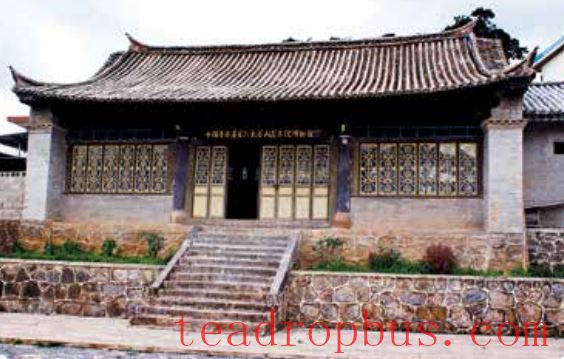
During Yiwu's most prosperous period, tea merchants and caravans arrived via ancient roads paved with cobblestones that extended from the ancient town of Yiwu, exchanging cloth and ironware for Pu'er tea. The bustling trade made Yiwu the most lively and prosperous ancient tea horse town and center for Tea processing and distribution among the ancient Six Great Tea Mountains. The “inscription” on the Yong'an Bridge that remains in Yiwu, through the vicissitudes of time, still allows us to feel the glory of Yiwu's past. “The benefits of southwestern Yunnan lie primarily in tea, and the tea production in Yiwu is the most abundant.” The records on the bridge stele, along with the relief sculptures, stone monuments, plaques, and ruins of old tea shops scattered across the Yiwu tea mountain, are a testament to the prosperity of Yiwu.
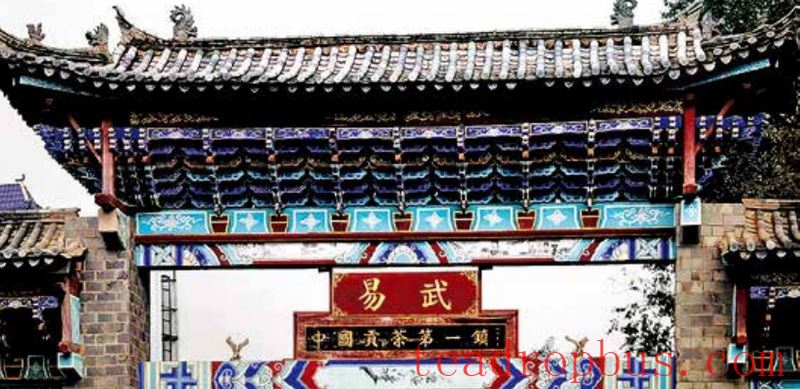
The tea produced on the Yiwu tea mountain has a robust and thick appearance, a rich flavor, and, after long-term storage, its infusion turns brown-red with a vivid aged aroma. Especially the aged spring tea, the infusion is ruddy and durable, with the leaves showing a brown-red color, making it a top-quality Pu'er tea.